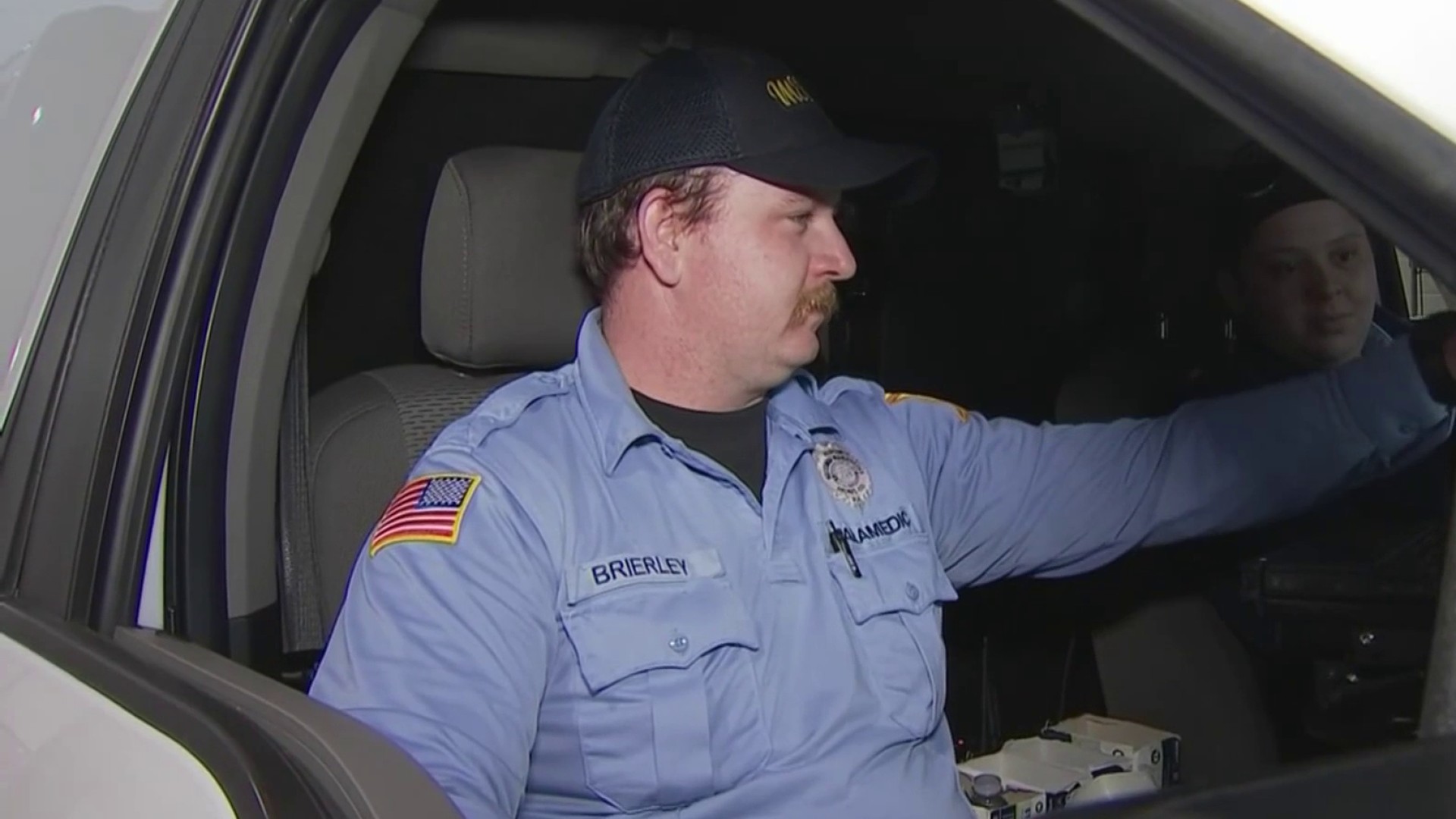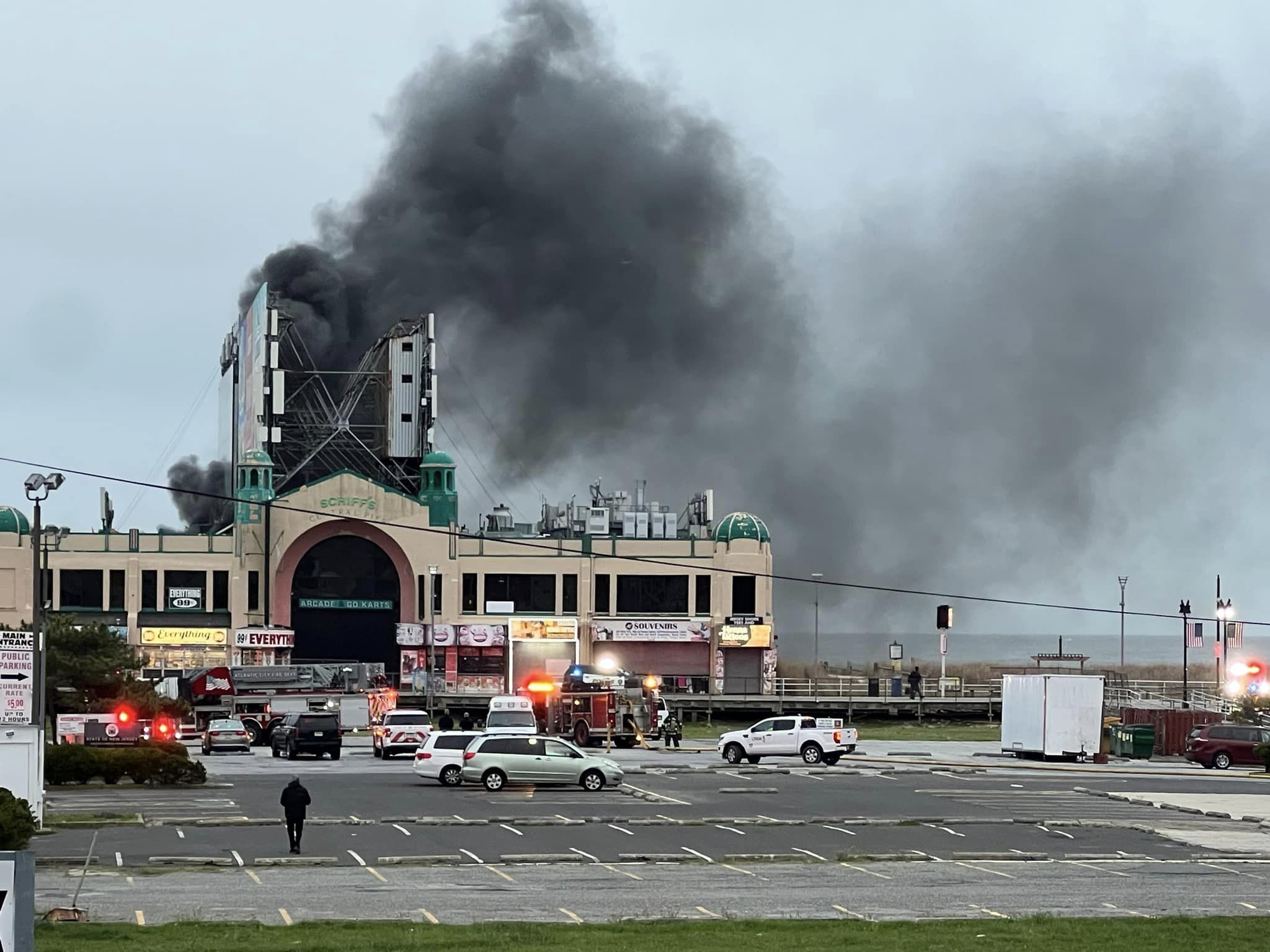Philadelphia City Council declined to vote on a bill Wednesday that would generate $22 million for the school district by increasing the liquor-by-the-drink tax to 15 percent from 10 percent. For now, it seems that there is not enough support for it to pass.
But Council President Darrell Clarke said the drink tax proposal is not dead. It is also needs state-enabling legislation to become a reality. If that comes through, he said, Council could theoretically reconsider it.
“If the vote happens in Harrisburg, we’ll be in a position to do some things,” Clarke said, “and put revenue on the table for the school district.”
Council heard business owners, public school parents and educators passionately voice their opinions on the tax hike Wednesday. Susan DeJarnatt, a parent, said outright, “I am asking you to raise my taxes!”
Megan Rosenbach, a former teacher who plans to send her future children to public school, is also supportive of the tax increase.
“I am one of those twenty-somethings that other people are talking about,” she said. “And I almost guarantee you that a liquor-by-the-drink tax will not keep us out of the bars.”
Though they were outnumbered, other people argued against the proposal. Greg Rand urged the city to collect delinquent taxes instead.
Local
Breaking news and the stories that matter to your neighborhood.
“This is not about the businesses against the schools,” he said. “This is about what’s fair and what’s unfair.”
Mayor Michael Nutter pitched the drink tax hike, originally proposed by Clarke, as part of a larger package to piece together $95 million for the schools.
In hopes of closing a $304 million budget gap, school district officials have been begging the city for an extra $60 million and the state for $120 million. They are also seeking more than $100 million in labor givebacks.
Without the funding, they say they’ll have to open schools in September that lack assistant principals, guidance counselors and arts programs. Last week, the school district began mailing out layoff notices to nearly 3,800 employees.
On Wednesday, the district’s plan did not fare well in Harrisburg. The state House passed a GOP-proposed budget that gives Philly’s schools an extra $1.5 million, compared to Gov. Tom Corbett’s budget. That’s about 1 percent of what the district is requesting.
House Republican leaders have pointed out the fact that their budget increases funding for Philadelphia’s school district by $31 million from 2012-13 to 2013-14.
“The reduction in state taxes for public education started under the prior administration,” said House Majority Leader Mike Turzai, R-Allegheny. “Since we have come back into the majority, we have steadily increased our spending. . . and we are doing it in a manner that lives within our means.”
Nutter has promised that the city will generate an extra $28 million next fiscal year by doing a better job collecting taxes it is now owed. Council has also given the initial OK to raising an additional $75 million for the schools by increasing the use-and-occupancy tax, a special levy on commercial property owners, and creating a new $2 tax on every pack of cigarettes.
But the cigarette tax proposal also requires state legislation.
Pa. Senate GOP spokesman Erik Arneson said the bills that Nutter is seeking in Harrisburg, which would allow Philadelphia to tax drinks and cigarettes, face an uphill battle.
“It’s not at all clear that the Philadelphia delegation has rallied behind this proposal,” he said. “And anytime a proposal that impacts one region of the state doesn't have unanimous support among the people representing that region, it becomes very difficult to move through the General Assembly.”
As for the district’s request for $120 million, Arneson said, “I believe there is a broad desire in the General Assembly to provide additional funding for K-12 education, but there is not a ready source of state funds” beyond the money in the House’s budget.
That spending plan now heads to the Senate for approval.
School district spokesman Fernando Gallard said the district is “grateful for every step forward” in Harrisburg.
“But clearly,” he said, “the need is $120 million.”
*This story was reported through a news coverage partnership between NBC10.com and NewsWorks.org.



